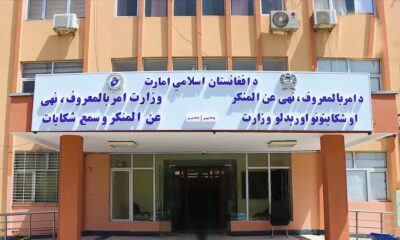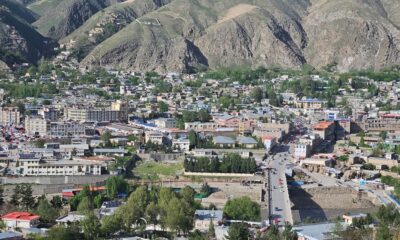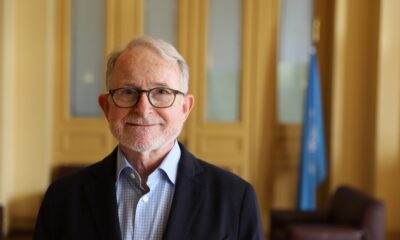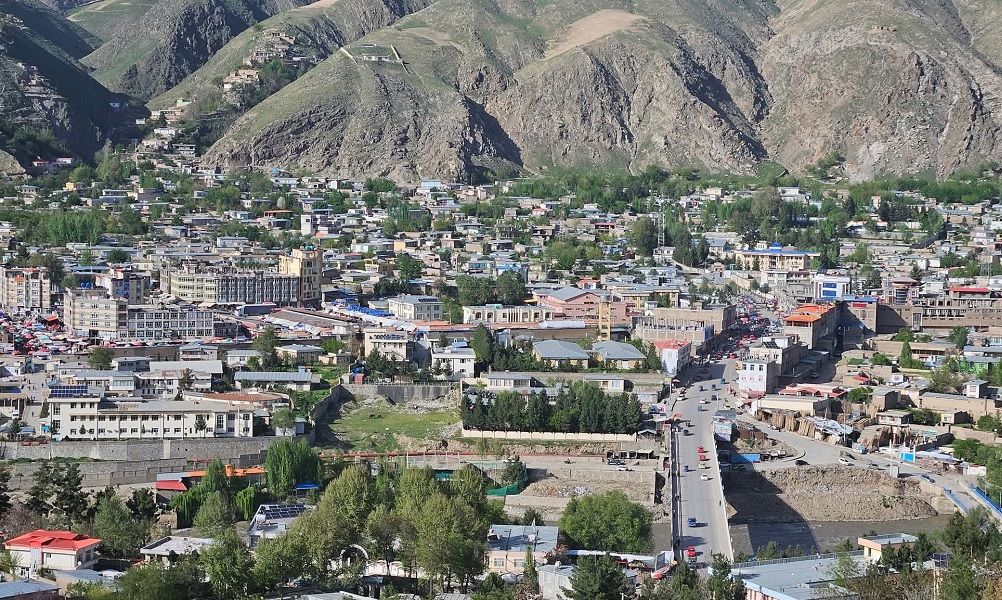Latest News
Peace won’t be found in silence or fear, says AIHRC chair
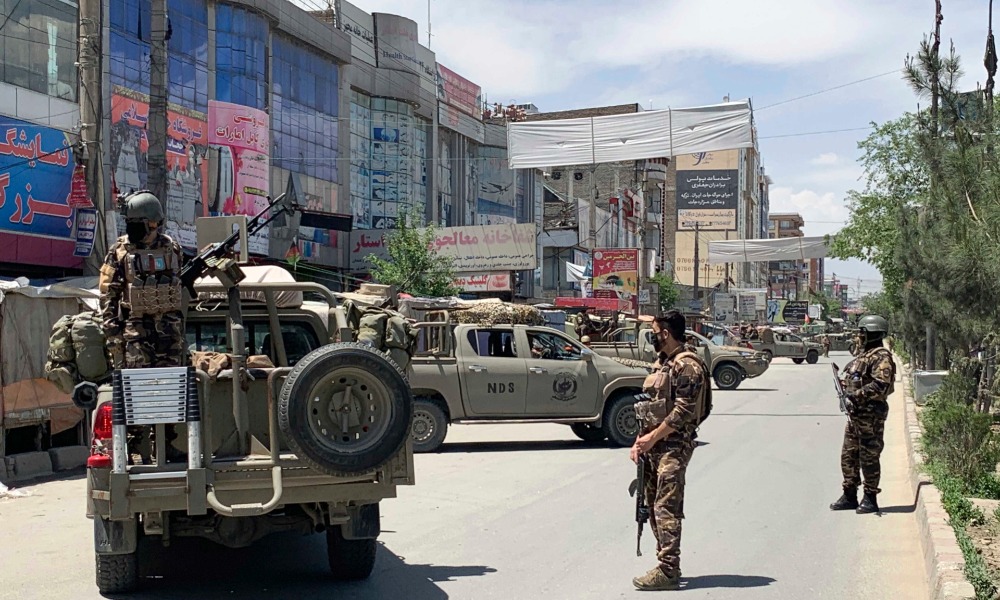
One year ago today – February 28 – Afghans were buoyed by the signing of the US-Taliban agreement in Doha, which they hoped would bring peace. Instead, today, a year later, targeted killings have spiked leaving thousands of civil society activists, government officials, journalists and even doctors fearing for their lives.
Shaharzad Akbar, the chair of the Afghanistan Independent Human Rights Commission (AIHRC), wrote in an op-ed piece, published in the Washington Post, that “every night, I lie awake wondering who will be next. I think of a colleague whose teenage son checks his car every morning for magnetic bombs. A husband saying goodbye to his wife as she leaves for work, wondering if today will be the day she is killed on her way to the office.”
She said that a year after the deal was signed, instead of ushering in peace “one of the most tangible changes has been an increase in targeted killings, mostly unclaimed, that have created an environment of terror and fear.
“There were nearly three times the number of such attacks in 2020 compared with 2019; the casualties include the deaths of 11 human rights defenders and media workers in the past five months,” she wrote.
Akbar pointed out that some of Afghanistan’s most important gains, its activists, community leaders and scholars, are being silenced at a time when, after the US-Taliban deal, Afghans had hoped for a reduction in violence and for inclusive intra-Afghan negotiations.
“While the Taliban denies involvement in most targeted attacks, it benefits from the environment of fear and hopelessness around the peace process and the lack of critical voices demanding an inclusive peace.
“This reign of terror for Afghan civilians must end in order for a real peace process to begin,” Akbar wrote.
She also pointed out that as the United States reviews its Afghanistan policy, it still has leverage — including the existing UN sanctions on the Taliban, the Taliban’s desire for international recognition and legitimacy, and the presence of international forces in Afghanistan — to help stop these attacks and encourage a ceasefire and an inclusive peace process.
She stated that her AIHRC colleagues know what it is to feel terror as the organization has lost three of its staff members in the past 18 months.
Akbar pointed out that these high levels of violence are forcing families to flee the country.
“Every day I hear of another friend, journalist, academic, women’s rights activist or businessperson leaving the country. Their departures are creating an absence that will take another generation to fill. Those who can’t leave feel silenced by fear and have little chance of influencing the peace process,” she wrote.
Akbar also noted that it has been years since the last mass demonstration by Afghans – “for fear of attacks”.
She also said that following the recent wave of assassinations, public debate has closed down, even in the virtual sphere. “This is even more true beyond Kabul, in rural areas where conflict has been the most savage.”
Akbar stated that while US President Joe Biden’s team has signaled that it will withdraw its last troops as per the agreement with the Taliban, if the group reduces violence. she said: “This is welcome but not enough. Even with overall violence levels down, targeted killings are silencing the voices needed to build pressure for peace.”
“The United States does not want Afghanistan to collapse into a catastrophic civil war as soon as it withdraws, after 20 years of assistance. But the narrow focus of the US-Taliban deal ignored the wider needs of the peace process, including the importance of civic space and the protection of civilians. This approach should be urgently reconsidered in Biden’s review,” she said.
Akbar stated that public participation is not a bonus that is “nice to have” but rather an inclusive process that builds momentum for peace and boosts the credibility of the process.
Bringing traditional and nontraditional civil society voices to the table from across Afghanistan will bring a sense of urgency and bottom-up pressure on the parties.
She also stated that public participation can best be guaranteed through a ceasefire and that the US and its allies should utilize their leverage with both sides and the region to continue to push for an interim and immediate ceasefire that will create an opportunity for national engagement.
“An immediate end to targeted killings, a ceasefire and the restoration of civic space will allow for broader inclusion in the talks, reviving hope and confidence in the process,” she said.
Akbar stated that the US can encourage the Taliban and the Afghan government to create this enabling environment for peace. Afghans could then force hope back onto the table.
“We will not find peace in silence and fear,” Akbar stated.
Latest News
Over 365 women-related cases resolved in past month: Virtue Ministry
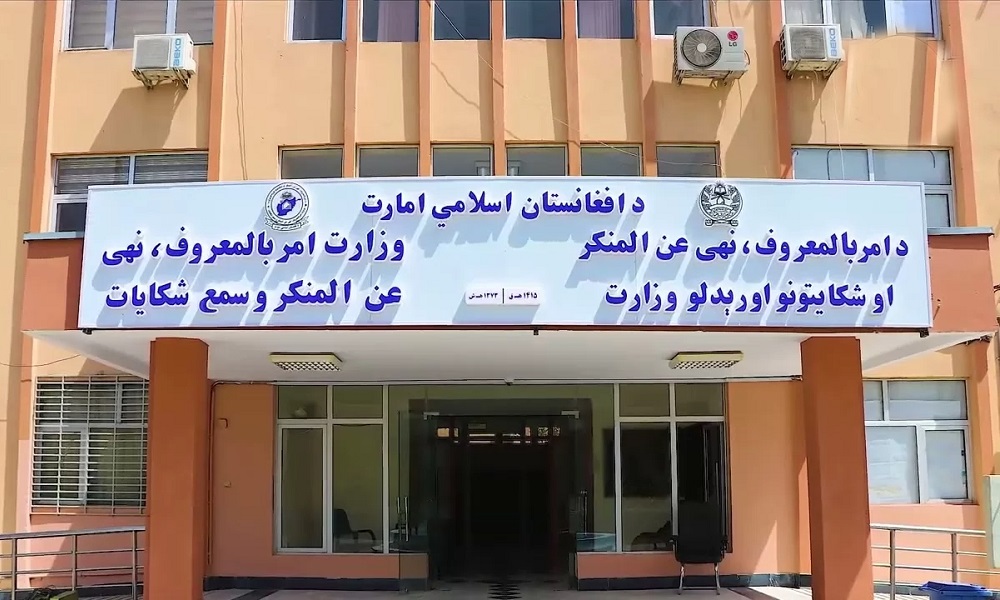
The Ministry for the Propagation of Virtue and Prevention of Vice (MPVPV) said in a statement that over the past month, it has handled 368 cases related to women’s religious rights.
According to the statement, the ministry also arrested 30 alleged sorcerers, resolved 175 cases of disputes and conflicts, held 743 meetings with traders, and conducted 1,304 reformative sessions with religious scholars and various segments of society.
Latest News
Five die as vehicle plunges into river in Badakhshan
Latest News
Moldova bans Afghan airlines over safety concerns

Moldova’s government has included Afghan airlines in its updated list of carriers banned or restricted from operating in the country, effective 19 February 2026, in line with EU aviation safety rules.
The order, signed by Deputy Prime Minister Vladimir Bolea, covers more than 200 airlines from around 20 countries, including Afghanistan, Russia, Iran, and North Korea. Most face a complete operating ban in Moldovan airspace and airports, while some have limited operational permissions, state news agency Moldpres reported.
The Civil Aviation Authority of Moldova will monitor compliance. The ban remains in place until Moldova joins the European Union.
-
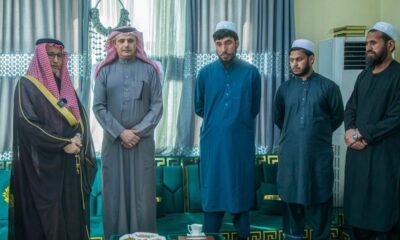
 Latest News4 days ago
Latest News4 days agoIEA releases three Pakistani soldiers to mark Ramadan
-
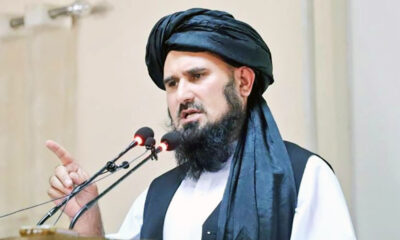
 Latest News4 days ago
Latest News4 days agoAfghanistan’s Chief of Armed Forces underscores readiness and equipment for national defense
-
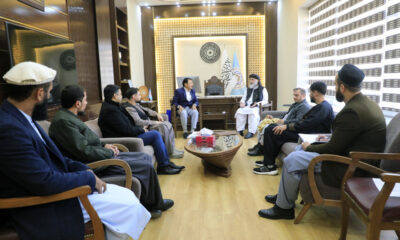
 Latest News2 days ago
Latest News2 days agoAfghanistan welcomes investment and technology partnerships with India
-
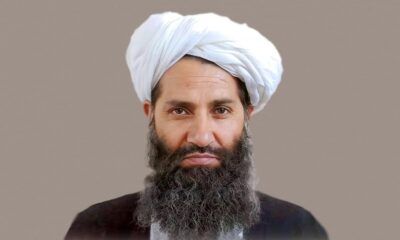
 Latest News4 days ago
Latest News4 days agoGrateful to Afghans and Ulama for obeying the Islamic Emirate, says Hibatullah Akhundzada
-

 Sport3 days ago
Sport3 days agoAfghan Peaks founder climbs Aconcagua to promote Afghanistan’s mountain potential
-

 Latest News2 days ago
Latest News2 days agoIndian customs seize Chinese walnuts falsely declared as Afghan
-

 Business3 days ago
Business3 days agoPakistan allows re-export of stranded Afghan transit cargo
-
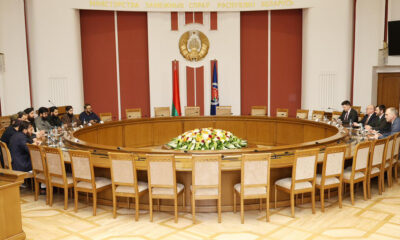
 Business5 days ago
Business5 days agoAfghan delegation visits Belarus to strengthen economic and industrial ties


